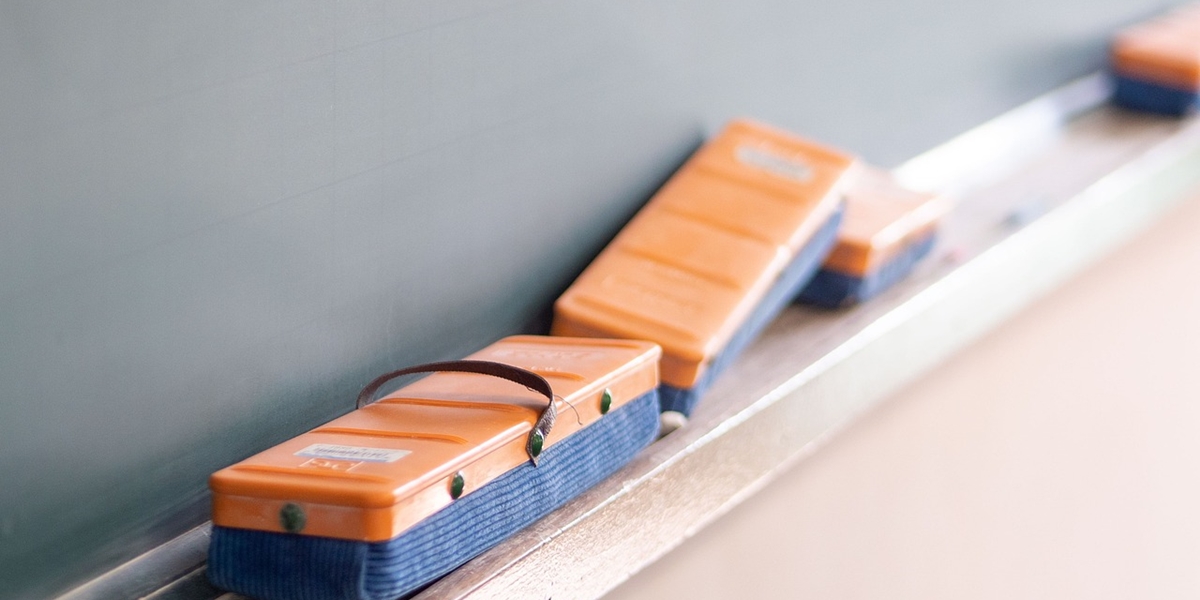5 Recommendations for Aviation-Themed Anime with Touching and Struggling Stories
If you're an anime lover and interested in the beauty and aviation theme, then you shouldn't miss these aviation-themed anime recommendations.

Kapanlagi.com - Greetings in Japanese are an integral part of their rich social customs and traditions. In daily communication, greetings not only reflect politeness, but also intimate interpersonal relationships.
Some greetings in Japanese that beginners must know are listed below. From friendly morning greetings to sincere expressions of gratitude, each greeting has its own meaning and nuance.
Through this article, Kapanlagi will share various greetings in Japanese, providing in-depth explanations and their usage in everyday life. This will help KLovers to better understand the richness of Japanese culture and social interactions.
Now, for those of you who want to learn Japanese as beginners, here is a list of greetings in Japanese along with their explanations. Let's check it out, KLovers.

Illustration (credit: pixabay.com)
There are various greetings in the Japanese language that are used depending on the context. Here are some greetings along with explanations and translations in Indonesian:
1. Konnichiwa = Good afternoon
Explanation: This greeting is commonly used during the afternoon. It is usually used to greet people around you.
2. Konbanwa = Good evening
Explanation: This greeting is used during the evening. It is used when meeting someone in the evening.
3. Ohayou gozaimasu = Good morning
Explanation: This greeting is used in the morning. It can be used formally or informally depending on the situation.
4. Irasshaimase = Welcome
Explanation: This greeting is used by store or restaurant employees when customers enter. It shows a warm and friendly welcome.
5. Sumimasen = Sorry or Excuse me
Explanation: Although it literally means "sorry", this greeting can also be used as a way to get someone's attention or to ask for permission.
6. Arigatou gozaimasu = Thank you very much
Explanation: This greeting is a formal way to say thank you in Japan. It is very polite and often used in formal situations.
7. Otsukaresama deshita = Thank you for your hard work
Explanation: This greeting is an expression used to thank or appreciate someone after they have done work or made an effort.
Can be used formally or informally depending on the situation.4.Irasshaimase = Welcome
Explanation: This greeting is used by store or restaurant employees when customers enter. It shows a warm and friendly welcome.
5.Sumimasen = Sorry or Excuse me
Explanation: Although it literally means "sorry", this greeting can also be used as a way to get someone's attention or to ask for permission.
6.Arigatou gozaimasu = Thank you very much
Explanation: This greeting is a formal way to express gratitude in Japan. It is very polite and often used in formal situations.
7.Otsukaresama deshita = Thank you for your hard work
Explanation: This greeting is an expression used to thank or appreciate someone after they have done a job or made an effort. Usually used in the workplace.
8.Ogenki desu ka = How are you?
Explanation: This greeting is a way to ask someone about their condition or how they are doing.
9.Itadakimasu = I receive this
Explanation: This greeting is an expression used before starting a meal to express gratitude for the food that will be eaten.

Illustration (credit: pixabay.com)
Continuing the previous Japanese greetings. Here are some other Japanese greetings that Klovers can learn along with explanations and translations in Indonesian:
10.Sayounara = Goodbye
Explanation: This greeting is a way to say goodbye or farewell permanently. Used in situations where you may not meet again for a long time.
11.Genki desu ka = How are you?
Explanation: Similar to Ogenki desu ka, this greeting is a way to ask someone about their condition or how they are doing.
12.Tadaima = I'm home
Explanation: This greeting is used when someone returns home. Usually answered by family members at home with the phrase Okaeri nasai.
13. Ohayou = Hai, morning
Explanation: This greeting is a more casual version of Ohayou gozaimasu, used to greet someone in the morning in informal situations.
14.Gomen nasai = I'm sorry
Explanation: This greeting is a way to apologize in more formal or official situations.
15.Yoroshiku onegaishimasu = Please help or Please assist
Explanation: This greeting is an expression used to convey good wishes or requests to others. It is used when asking for help or cooperation.
16.Oyasumi nasai = Good night
Explanation: This greeting is a way to say good night before sleeping or when parting in the evening.
17.Itte rasshai = Have a safe journey
Explanation: This greeting is an expression used to say goodbye to someone who is leaving. It is used before they leave the place.
18. Welcome back
Explanation: This greeting is used to welcome someone back who has been away. It is usually said by someone who is already at the place.
Those are some greetings in Japanese language that KLovers can understand and learn as beginners. With various greetings explained, let us continue to appreciate the values of politeness and warmth in Japanese greeting culture. Happy learning and Ganbatte!
(kpl/dhm)
Cobain For You Page (FYP) Yang kamu suka ada di sini,
lihat isinya
If you're an anime lover and interested in the beauty and aviation theme, then you shouldn't miss these aviation-themed anime recommendations.
In the festive atmosphere of Lunar New Year celebrations, don't miss the opportunity to enjoy entertaining entertainment with Korean dramas suitable for watching during the Lunar New Year holidays.
Curious about how to bring up a virtual keyboard on a laptop? To find out, just read the following review.
The way to lock applications on the iPhone is actually very easy to do. To do this, you can follow the following guide.
For KLovers who love action comedy films and are curious about the story of the film SKIPTRACE. Here is the complete synopsis of the film SKIPTRACE along with the cast list.
However, can you upgrade Dana premium without KTP data? To find out the answer, just read the following review.
For those of you who want to try editing videos using Capcut but are confused about how to do it, just read the following review.
For those of you who like ongoing dramas, you must see the latest list of Korean dramas in February 2024. Let's check out the latest information about the dramas that will be airing in February 2024.
Anime always succeeds in providing unique and exciting stories to follow. Like a series of fascinating fantasy swordsman anime for you to watch. Here are recommendations for fantasy swordsman anime with stories that involve magic to sci-fi that will surely captivate the hearts of fans of this genre.
Primbon matchmaking predictions are done through a counting method that relies on certain elements in Javanese calendar. One of the well-known predictions is meeting 18 soulmates. What does it mean?
Curious about the ways to improve fortune according to Javanese Primbon? To find out, let's directly read the following review.
For KLovers who love medical dramas, these Japanese medical dramas are a must-watch. Here is a list of Japanese medical dramas that you shouldn't miss.